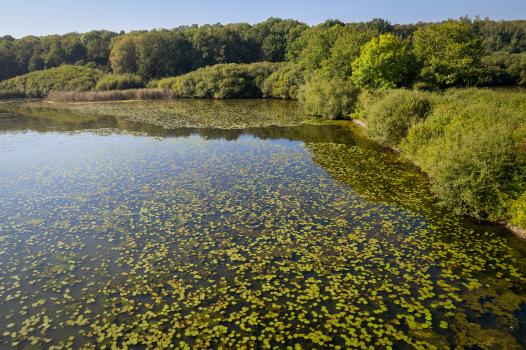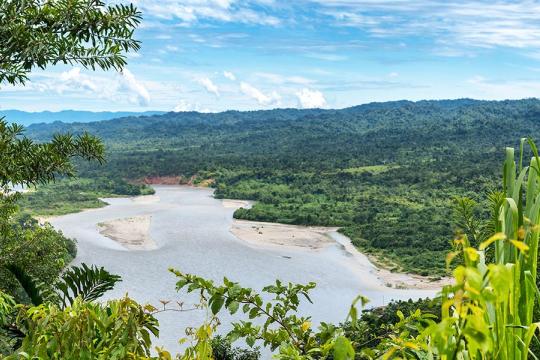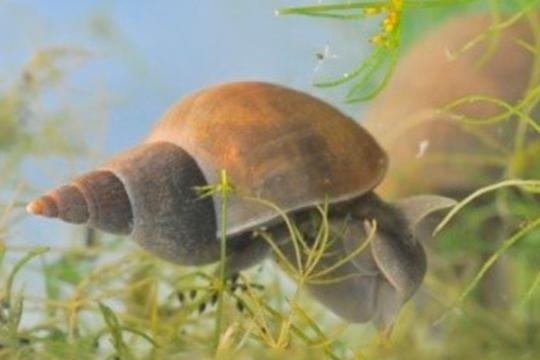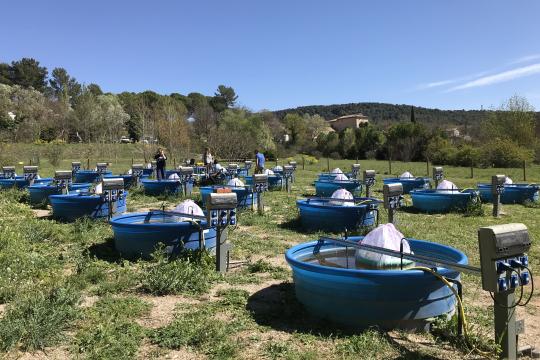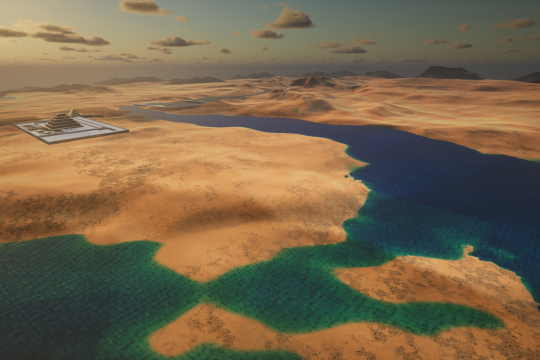Aquatic Ecosystems, Water Resources and Risks
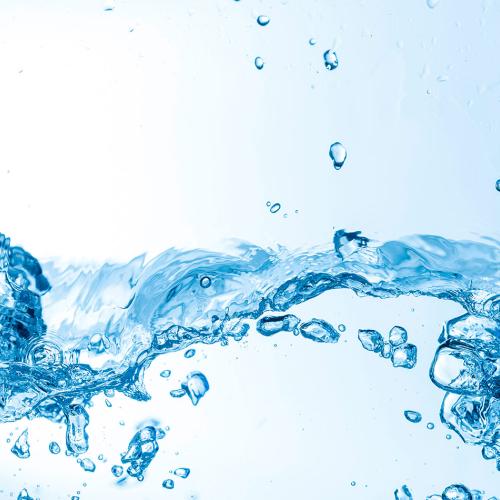
Presentation
Global change dynamics are driving unprecedented shifts in the biological and physical components of inland waters, intensifying negative impacts on aquatic ecosystems, water resources, and environmental risks. Rapid changes, complex interdependencies, and multiple pressures demand the development of both fundamental and operational disciplinary and interdisciplinary knowledge on natural and human-altered socio-hydro-ecosystems to preserve resources, restore degraded systems, and anticipate risks. This is the mission of the AQUA division.
"Water is at the heart of sustainable development and is essential for socio-economic development, energy and food production, ecosystem health, and the survival of humanity." (UN)
Message from the Division Head

Scientific research on socio-hydro systems in the Anthropocene focuses on biology, ecology, ecotoxicology, hydrology, hydromechanics, economics, and social sciences. In the division, these fields are applied to aquatic ecosystems, water cycles, and the transfer of biogeochemical elements within hydrosystems. The goal is to understand the biophysical, ecological, and hydrological dynamics of aquatic systems under multiple pressures, closely tied to human needs, uses, and domestic and agricultural discharges, and their impact on the integrity and resilience of these systems. Producing and disseminating scientific knowledge to guide public and private decisions are key objectives of the department.
Mohamed Naaim - Head of the AQUA Division
Our news
Key Figures of the Department (2020 Data)
- 5 research units
- 10 joint research units
- 3 joint service units
- 1 contracted unit
- 298 permanent staff members, of which 36% are women
- 157 contract employees
- 132 PhD students
- Multidisciplinary expertise in:
- Ecology, ecotoxicology, hydrology, hydrogeology, hydromechanics
- Social sciences, agronomy, environmental chemistry, etc.
- 430 peer-reviewed publications
- 304 contracts, including 37 at the European level

